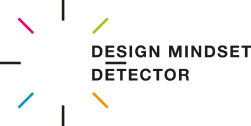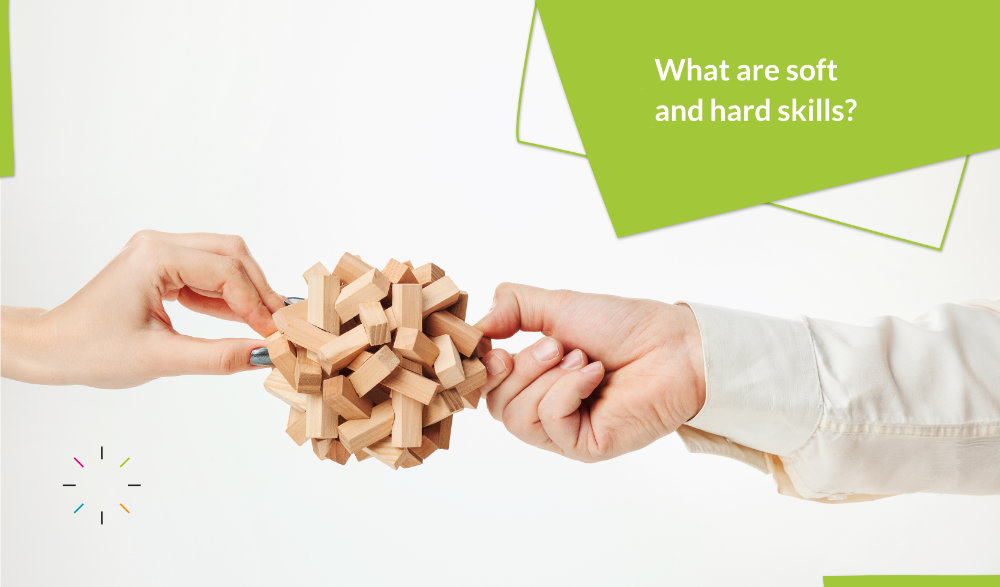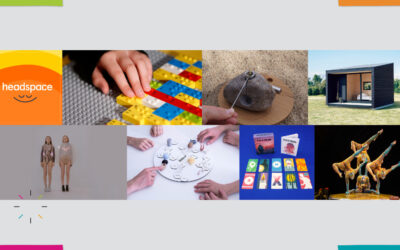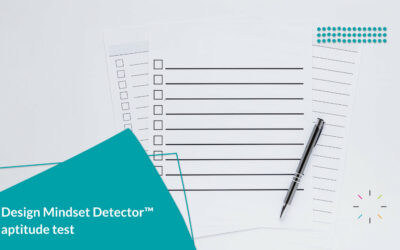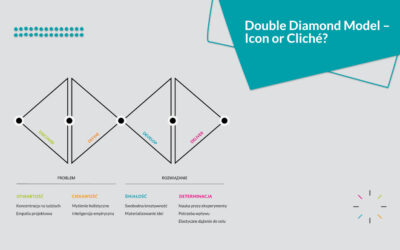Looking at today’s job market, which is becoming increasingly dynamic and competitive, the ability to develop various types of competencies is truly important. When browsing job ads, you’ve undoubtedly encountered the terms: soft skills and hard skills. What exactly do these terms mean, and why do they have such a significant impact on shaping our careers? For answers to these and other questions, we invite you to read the article below.
Quick Links
- What are Hard Skills?
- What are Soft Skills?
- How to Develop Hard and Soft Skills?
- Why are Hard and Soft Skills Important?
Check also: Personal Development – Where to Start?
What are Hard Skills?
Hard skills, also known as technical skills, refer to specific abilities and knowledge that can be learned and measured objectively. These are skills related to a specific profession or field, such as the ability to operate specific software, knowledge of tools and technologies, or mathematical abilities. Hard skills are typically measurable and can be assessed based on specific knowledge and qualifications. They are essential for performing certain tasks or working in a particular profession.
Selected Examples of Hard Skills:
- Knowledge of foreign languages,
- Ability to use programs such as Adobe or MS Office,
- Driver’s license, e.g., category B,
- Ability to check the technical condition of mechanical components and replace worn elements such as oils or fluids.
When responding to job ads, we mostly rely on our hard skills. Think about a situation where you want to apply for a position as a legal advisor. It wouldn’t make sense if you hadn’t completed law studies, for example. Hard skills are therefore essential to meet the specific requirements for job positions. However, it is worth noting that soft skills are equally important. They often add extra value to our candidacy and can determine whether we are chosen over many other candidates.
Check also: Career Change – Where to Start?
What are Soft Skills?
Soft skills, also known as interpersonal skills, refer to our ability to communicate effectively, collaborate with others, and manage emotions. They influence our ability to work in teams, resolve conflicts, understand, empathize, or work under pressure. Soft skills are crucial not only in the context of teamwork but also in relationships with clients, management, and other stakeholders. Unlike hard skills, soft skills cannot be easily measured or assessed unequivocally. Therefore, employers often use various methods, such as situational scenarios, to check if a candidate truly possesses the required soft skills. In the context of interpersonal skills, it’s also worth considering interesting tools like the Design Mindset Detector™, which can help identify and develop key skills for a given position or project.
Selected Examples of Soft Skills:
- Communication,
- Creativity,
- Good organization of work,
- Self-reliance,
- Assertiveness.
Recently, more and more employers appreciate the importance of soft skills and look for employees who possess such competencies. A good example could be positions like salesperson, consultant, or marketer, where this type of skill is particularly valuable. This is because these roles require not only good communication skills but also the ability to handle difficult and often stressful situations.
How to Develop Hard and Soft Skills?
Developing both hard and soft skills is a process that requires time and commitment. The following methods can help:
Training and courses: Participating in training and courses can help you acquire new knowledge and technical skills, as well as improve soft skills such as communication and time management.
Practical experience: Practice is crucial for developing both hard and soft skills. By performing tasks and projects in real conditions, such as as a member of a project team, you can not only gain practical skills related to the profession but also learn to work in a group and observe yourself and your reactions in various social situations.
Self-education: Self-learning and skill development are important elements of professional development. Reading books, articles, and participating in webinars can help you acquire both theoretical and practical knowledge.
Why are Hard and Soft Skills Important?
Both soft and hard skills play a crucial role in developing our professional careers. Hard skills are often the foundation on which we build our knowledge and abilities, as it is difficult to obtain education and a profession without them. Soft skills, on the other hand, form the foundation of our interpersonal abilities, allowing us to collaborate effectively with others. Often, they determine whether we are effective leaders and whether we can resolve problems and conflicts appropriately. Therefore, to increase our chances of success in today’s business environment, it is worth developing both types of competencies.
Do you want to check your predispositions using Design Mindset Detector™? Order the test!
